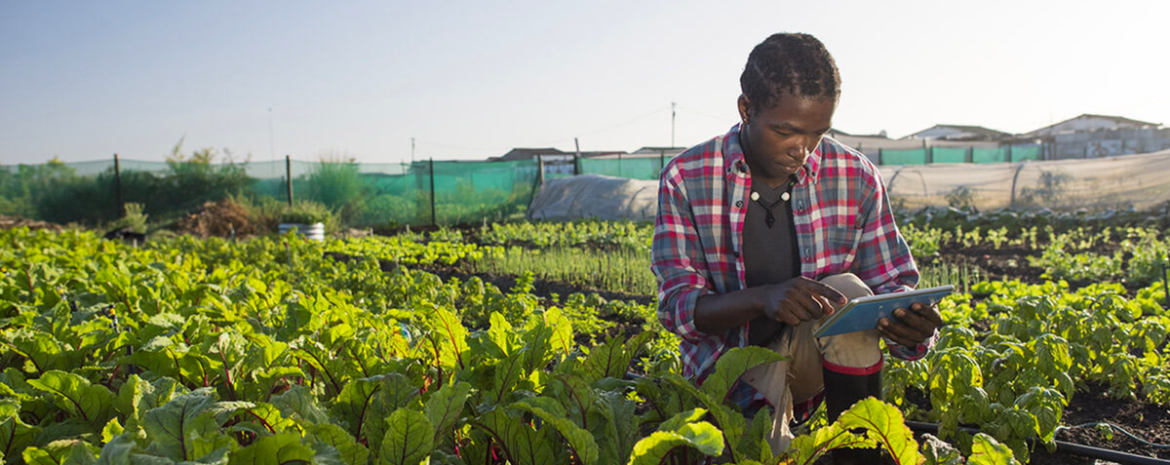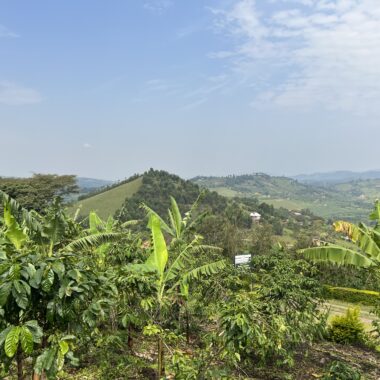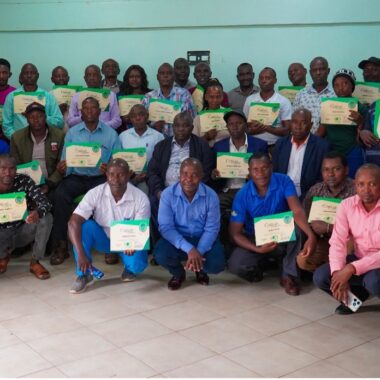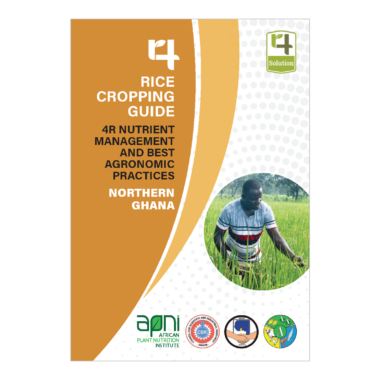Media Release
Rob Mikkelsen
Director of Communications
r.mikkelsen@apni.net
www.apni.net/media-center
New Scholar Award Program Announced for Plant Nutrition Graduate Students in Africa
African Plant Nutrition Scholar Awards are co-sponsored by the African Plant Nutrition Institute, Mohammed VI Polytechnic University (www.um6p.ma), and OCP Group (www.ocpgroup.ma).
Benguérir, Morocco — 13 March, 2020 — The African Plant Nutrition Institute (APNI) has announced a new scholar award to develop and encourage success within African graduate student programs specializing in the sciences of plant nutrition and management of crop nutrients.
The African Plant Nutrition Scholar Award Program will offer ten awards of $2,000 (U.S. Dollars) to M.Sc., M.Phil., or Ph.D. students currently attending a degree-granting institution located in Africa.
“Africa needs well-trained plant nutrition scientists to find innovative solutions that will build and sustain a food-secure Africa. We are pleased to partner with the Mohammed VI Polytechnic University (UM6P) and the OCP Group to recognize outstanding graduate students in this field and attract more of them to crop nutrition studies,” explains APNI Director General, Dr. Kaushik Majumdar.
Students in the disciplines of soil and plant sciences (including agronomy, horticulture, ecology, soil fertility, soil chemistry, crop physiology, environmental science, and other areas related to crop nutrition) are encouraged to apply. Candidates must be currently enrolled in a program of graduate study as of the application deadline of 30 April, 2020. Successful recipients will be notified in June, 2020.
All details can be found at the scholar award website https://www.apni.net/scholar-apply
###
About the African Plant Nutrition Institute
The African Plant Nutrition Institute is a not-for-profit research and education organization based in Benguérir, Morocco with additional offices located in Settat, Morocco; Nairobi, Kenya; and Yamoussoukro, Côte d’Ivoire. APNI’s mission is to innovate plant nutrition through evidence-based practices for a resilient and food-secure Africa.





